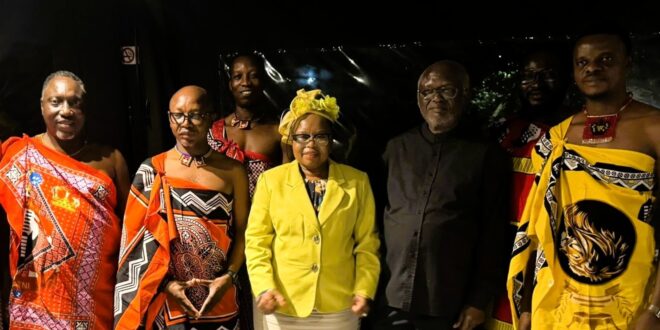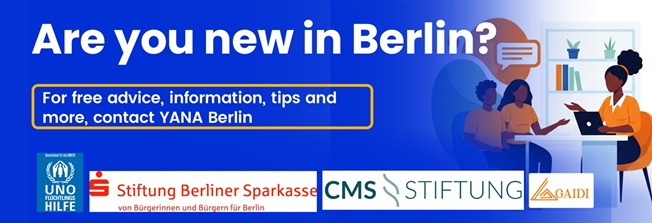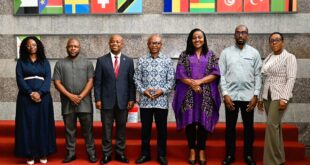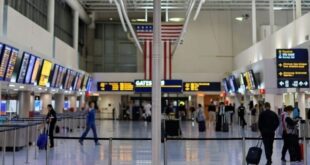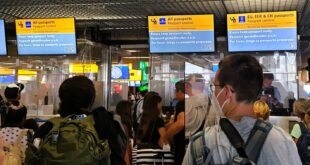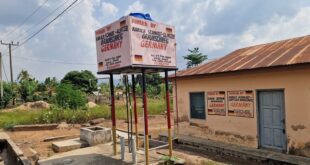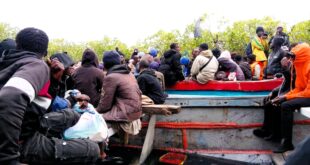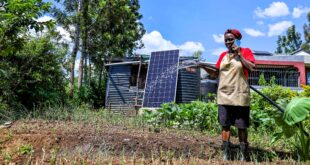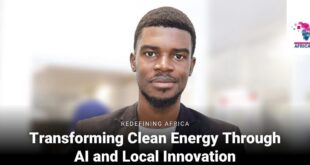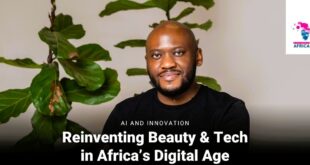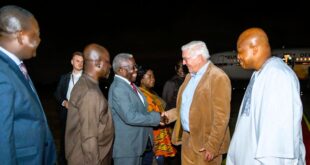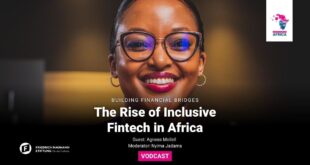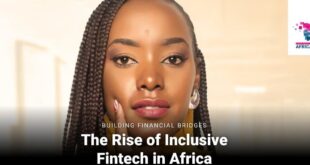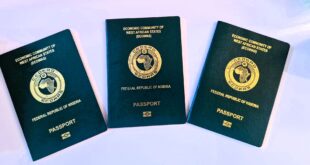The Trans-African Tourism & Unity Campaign’s passage through Southern Africa so far has been more than symbolic. Through high-level meetings, media coverage, institutional receptions and local engagement, the campaign is building narrative credibility, helping to bring its aims — visa-free travel, tourism growth, increased trade and unity — into sharper focus.
![]()
Botswana: A Meeting with Leadership
Botswana has been one of the most dialogued stops thus far. In Gaborone, on 29 September 2025, Ras Mubarak and the Trans-African Tourism & Unity Campaign team were received by Minister for State President Moeti Caesar Mohwasa. During that courtesy meeting, as reported in The Pan Afrikanist, Mohwasa said: “Your journey is a demonstration of what is possible when Africans come together with shared purpose to break down borders and advocate for a visa-free Africa.”
Mubarak used the occasion to praise Botswana’s sustainable tourism and its conservation achievements, declaring: “Your story is inspiring. A nation of 2.4 million people standing tall among giants. It shows that with tenacity and purpose, size does not limit impact.”
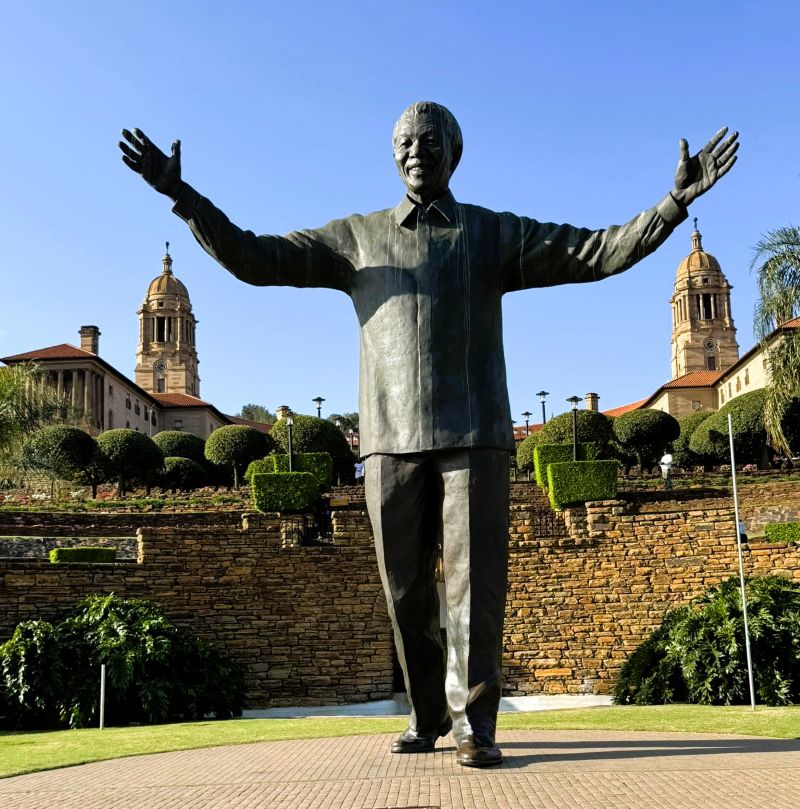
He also emphasized that Africa should not wait for 2063 (the AU timeframe) to act. “We humbly appeal that governments make commitments — not by 2063, which is 40 years away — but urgently, to create opportunities for our youth and safeguard the continent’s stability,” the former Ghanaian MP added. African Union Agenda 2063 is a long-term strategic framework adopted by the African Union to guide Africa’s development and transformation over 50 years, from 2013 to 2063.
“A connected Africa is a stronger Africa,” said Mubarak, stressing the economic and cultural benefits of continental integration.
The Campaign team also engaged with the media in Botswana, including Gabz FM and BTV (Botswana Television), relaying its messages of unity and visa-free Africa.
Eswatini: Warm Hospitality, Hidden Gems and Strategic Conversations
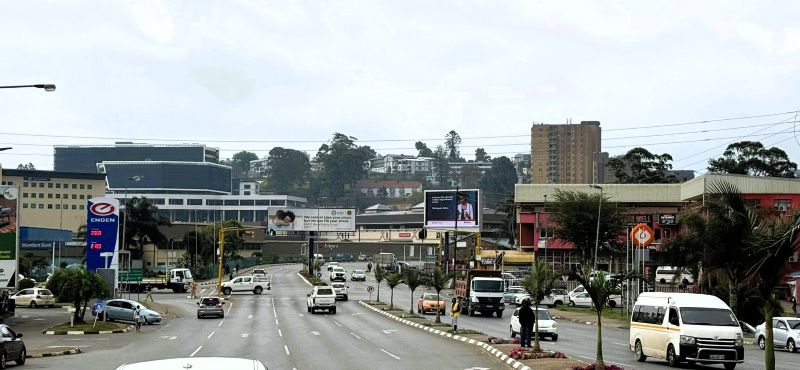
In Eswatini, the campaign met with members of the Ghanaian and Nigerian communities to discuss shared Pan-African goals: “It was a fruitful discussion about the Africa we want,” Mubarak said, adding that unity and collaboration remain key to Africa’s progress.
Another important meeting took place between Mubarak and Her Excellency Jane Mkhonta-Simelane, acting Prime Minister and Minister of Environment & Tourism, where the discussions were described as productive, with Eswatini’s government expressing interest in the campaign’s visa-free initiative.
From Independent News Eswatini, upon departing Eswatini (its 15th country stop) for Mozambique, Mubarak called Eswatini “amazing” and a “hidden gem,” stating: “The country’s natural beauty will leave you in awe. The warm hospitality of the Swazi people, the rich cultural heritage and the vibrant markets will capture your heart.”
Lesotho & Other Surrounding Nations: Voices & Aspirations
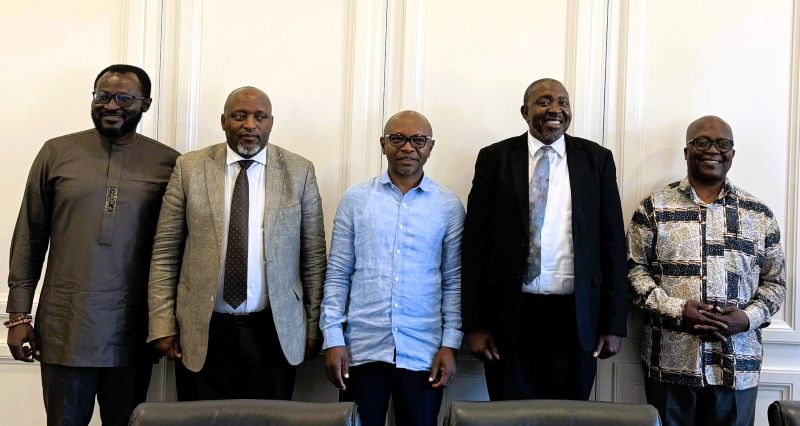
In Maseru, the capital of Lesotho — the 13th stop of the Trans-African Tourism and Unity Campaign — the delegation was granted an audience with His Majesty King Letsie III, underscoring the growing continental significance of their mission.
The team also paid a courtesy visit to the Office of the Prime Minister, where they were warmly received by the Chief of Staff, Hon. Shale Sofonea, on behalf of Rt. Hon. Prime Minister Sam Matekane. Press Secretary Hon. Thapelo Mabote joined the meeting, which centered on fostering greater collaboration between African nations through tourism and people-to-people engagement.
In its coverage of the visit, Lesotho News quoted campaign leader Ras Mubarak as saying, “A borderless Africa is both achievable and essential for economic and cultural integration.” He added confidently, “We believe a visa-free Africa can become a reality within the next five years.”
The team’s stop in Lesotho further amplifies the campaign’s message of unity, mobility, and shared prosperity across the continent.
Conclusion
By pointing out Botswana’s conservation, Eswatini’s culture, Lesotho’s traditional leadership, the campaign is linking visa-free movement not just to economic benefit but to cultural pride, heritage, and identity. This helps broaden appeal beyond purely economic or political spheres.
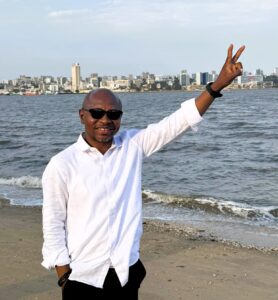
Repeated mentions that Africa should not wait until 2063 but act now — within a short span — show that the campaign is anchoring its message around the expectations of younger generations. The argument is that delay hurts those who need opportunities now.
Still, whether these positive receptions translate into policy shifts—visa reforms, institutional agreements, bilateral or multilateral treaties—remains the essential next step. For now, the campaign has successfully made its journey materially visible, emotionally resonant, and politically relevant in this critical region.
#TransAfricaTourism #VisaFreeAfrica #OpenAfrica #AfricaMustUnite
Femi Awoniyi
READ ALSO A Triumph for Botswana, A Victory for Africa
 THE AFRICAN COURIER. Reporting Africa and its Diaspora! The African Courier is an international magazine published in Germany to report on Africa and the Diaspora African experience. The first issue of the bimonthly magazine appeared on the newsstands on 15 February 1998. The African Courier is a communication forum for European-African political, economic and cultural exchanges, and a voice for Africa in Europe.
THE AFRICAN COURIER. Reporting Africa and its Diaspora! The African Courier is an international magazine published in Germany to report on Africa and the Diaspora African experience. The first issue of the bimonthly magazine appeared on the newsstands on 15 February 1998. The African Courier is a communication forum for European-African political, economic and cultural exchanges, and a voice for Africa in Europe.

